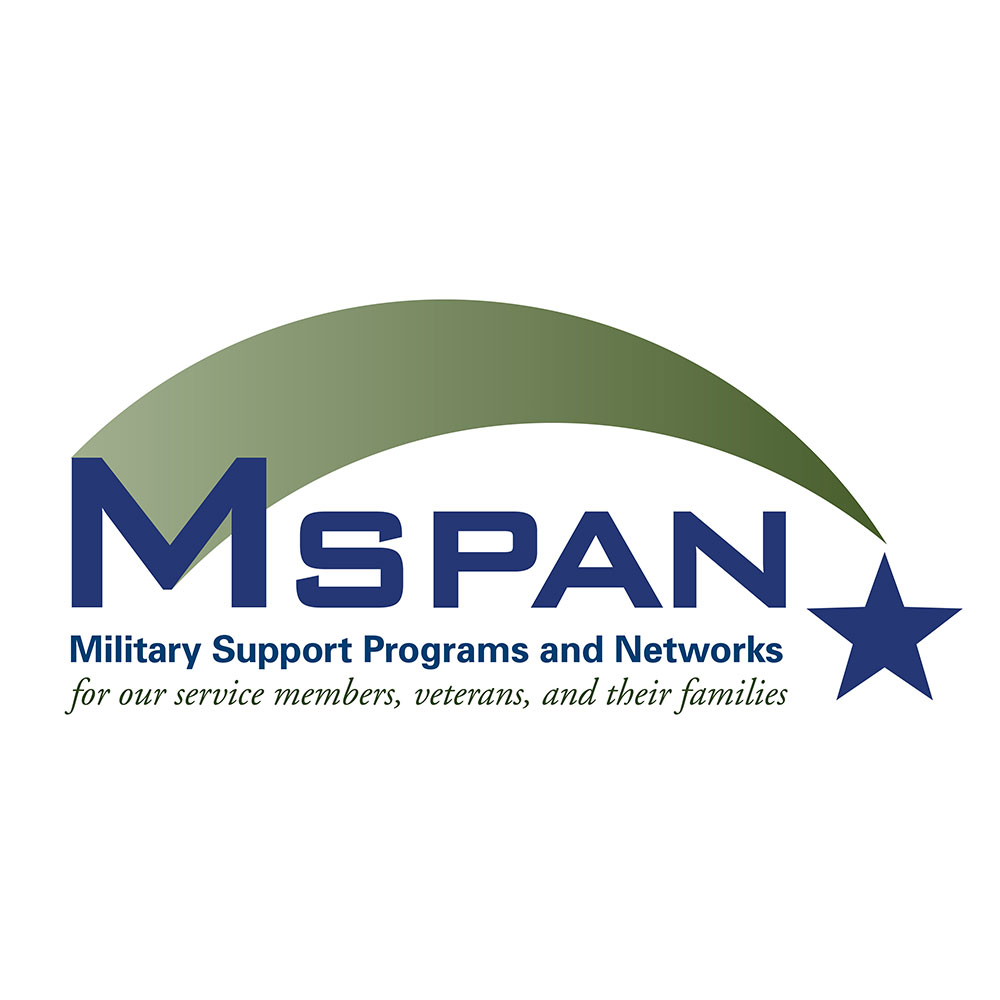For 15 years, the M-SPAN team had the tremendous opportunity to serve thousands of service members, veterans, and their families in Michigan and across the country through programs such as Buddy-to-Buddy, HomeFront Strong, and After Her Service. The M-SPAN faculty and staff convened two national conferences, trained hundreds of mental health professionals, trained and supported thousands of peers, and shared about the importance of veteran mental health regionally and nationally.
This critical work would not have been possible without the support of our funders, donors, and champions. We express our heartfelt gratitude to everyone who helped us serve this important community of men and women who have given so much to our country.
Although the collective M-SPAN will end, our work with veterans continues. Peer Advisors for Veteran Education (PAVE), our college student veteran peer support program, is active on nearly 50 college campuses nationwide and will remain aligned with the college mental health programs offered through the Eisenberg Family Depression Center at the University of Michigan.
It has been an honor and a privilege. Thank you.
